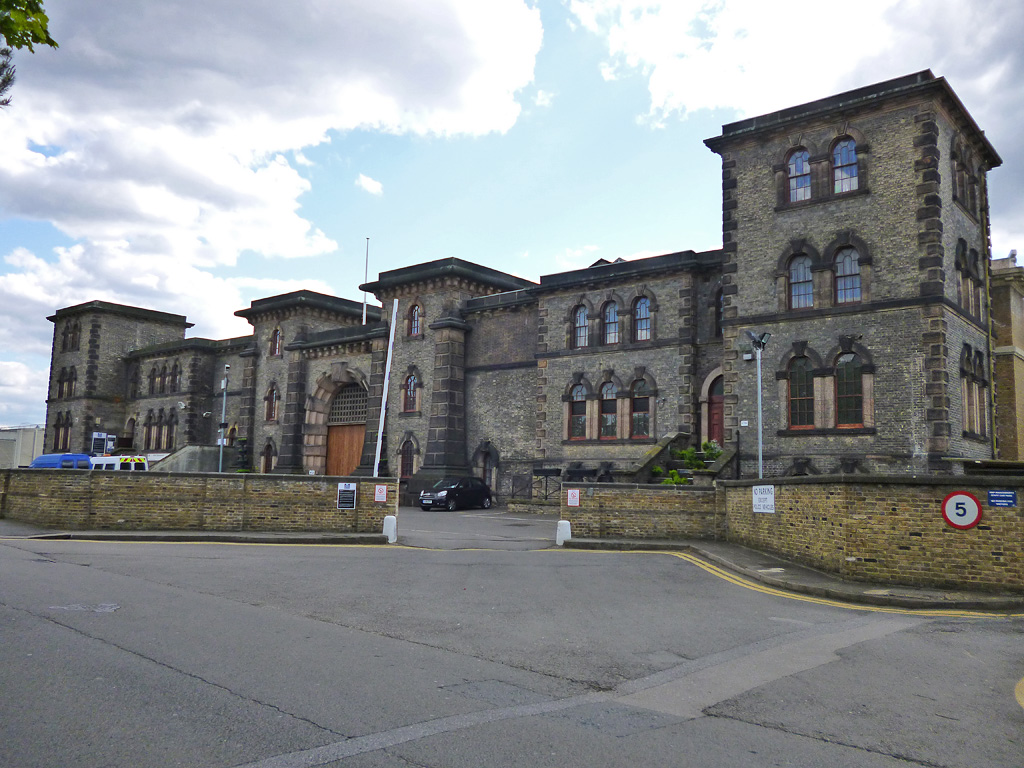 BBC News
BBC NewsBorrowing was £17.4bn last month, the second highest October figure since monthly records began in 1993.

Finito World
The crisis engulfing the justice system is no longer just a political headache for ministers — it is also becoming a growing concern for the job market. In the wake of high-profile errors, including the mistaken release of several prisoners, the role of Justice Secretary David Lammy has come under intense scrutiny. But the fallout reaches far beyond Whitehall. It touches every corner of the criminal justice employment ecosystem — and raises difficult questions about the viability, safety, and long-term appeal of working in this critical sector.
When Lammy told the House of Commons that he was “absolutely outraged” by the erroneous release of a convicted sex offender, his words reflected the public mood. But behind the scenes, thousands of people are employed to ensure those kinds of mistakes don’t happen — prison officers, case managers, administrators, parole staff, probation workers, and operational support roles. When the system fails as dramatically as it has in recent weeks, the credibility of those jobs comes into question.
The justice system is one of the country’s largest public employers. According to HM Prison and Probation Service (HMPPS), tens of thousands of staff are employed across more than 100 prisons and regional probation services. Roles range from front-line prison officers and probation case managers to administrative staff and educators. Many of these jobs offer long-term security, clear training pathways, and the chance to make a tangible difference in people’s lives. But they also rely on something more fundamental: a system that functions.
And right now, that is in doubt. According to government figures, 262 prisoners were released in error in the year to March 2025 — more than double the number released the previous year. These are not just isolated mistakes; they are symptoms of a system straining under pressure. Understaffing, overcrowding, and a court backlog have all added to a toxic mix that is making many roles in the justice system harder to do — and harder to recruit for.
The employability dimension here is crucial. On paper, working in prisons and probation services offers access to a wide range of careers: entry-level operational support grades, roles in resettlement and rehabilitation, healthcare, education, business support and specialist interventions. But when prisons are in crisis, those pathways narrow. Rehabilitation work becomes harder when inmates are locked in their cells for 22 hours a day due to staffing shortages. Education provision gets slashed, meaning fewer opportunities for teachers and trainers to engage with learners behind bars. Even those working in back-office roles, like sentence planning or data processing, face mounting pressure as errors pile up and the stakes become higher.
This is especially troubling given the government’s own ambitions to improve employability outcomes for ex-offenders. The Ministry of Justice has frequently highlighted the link between employment and lower reoffending rates, and has worked with businesses to encourage more inclusive hiring. But that effort depends on prisons being able to deliver education, training and work placements — and when the basics are slipping, so too are those ambitions.
For the existing workforce, the stress is mounting. Inquiries into staffing levels in recent years have noted high levels of burnout and record attrition rates among prison officers. Many young recruits leave within the first year. Others stay, but in increasingly volatile conditions. Trade unions like the Prison Officers’ Association have long warned that pay and working conditions are failing to keep pace with the demands of the job.
There are also reputational risks. When the public sees headlines about prisoners being let out by mistake, it chips away at trust — not just in the institution, but in those who work within it. That erosion of confidence can have a chilling effect on recruitment, particularly for those thinking about entering the profession for the first time.
None of this is inevitable. A well-run justice system can offer some of the most meaningful employment in public life. The work is varied, the mission is clear, and the opportunities for progression are real. But the system needs to be resourced properly — and led competently — for those benefits to be felt.
If the justice secretary is serious about restoring faith in the system, he must go beyond reactive measures. The crisis should be a prompt to rethink how the justice system is staffed, supported and explained to the public. That includes investing in recruitment and retention, providing adequate training, and being honest about the complexity of the system’s challenges.
For now, though, the message is clear. When the justice system falters, the impact is not limited to ministers or media headlines. It affects the people working every day to keep it running — and those considering whether it is a career worth pursuing. The longer the dysfunction continues, the harder it becomes to attract and retain the people needed to put things right.
And that, ultimately, is a deeper failure than any single mistaken release.